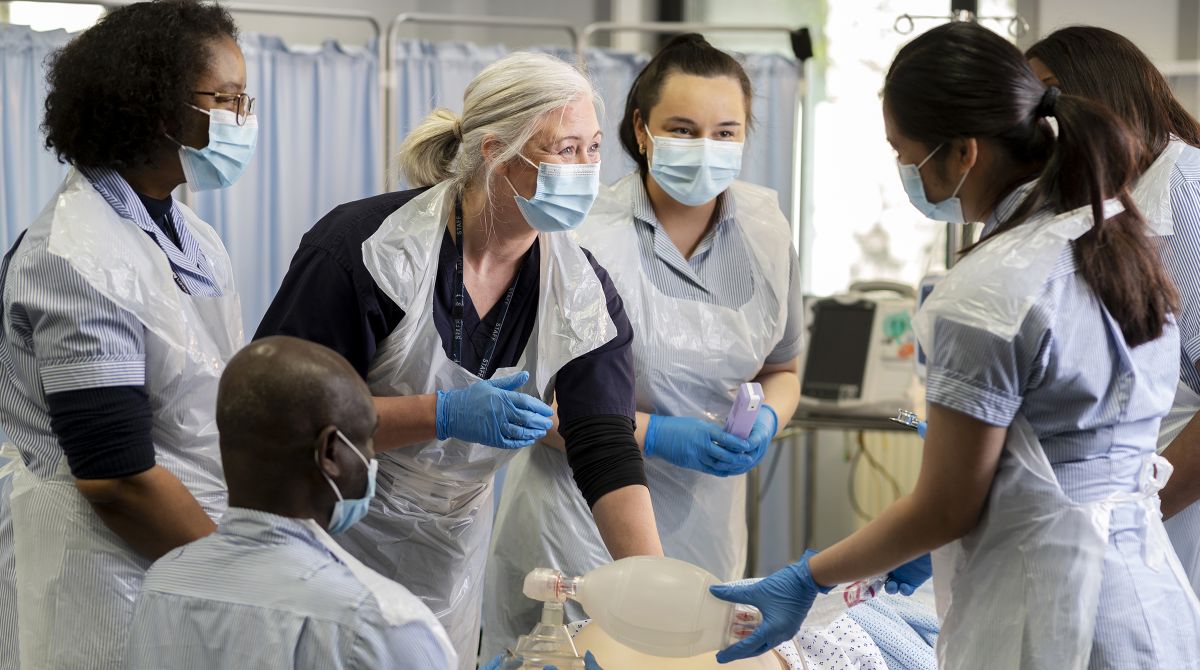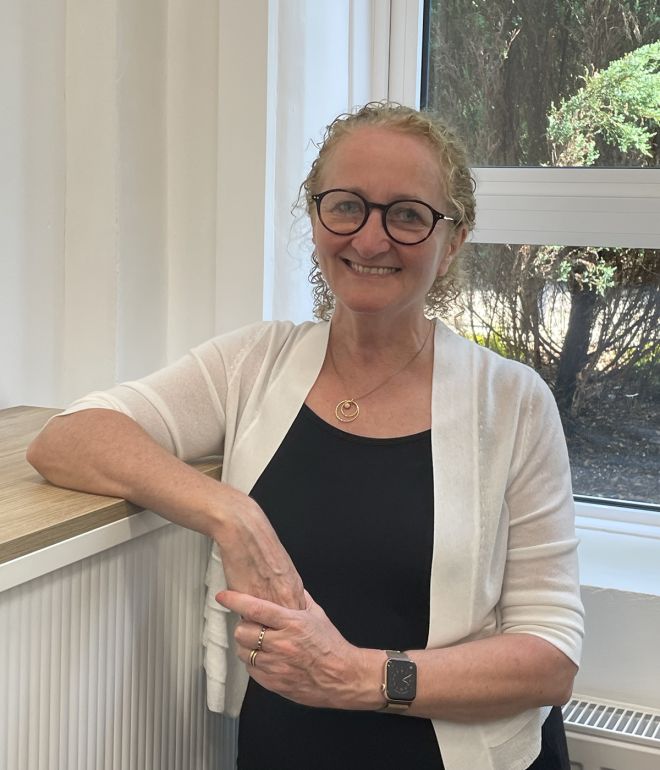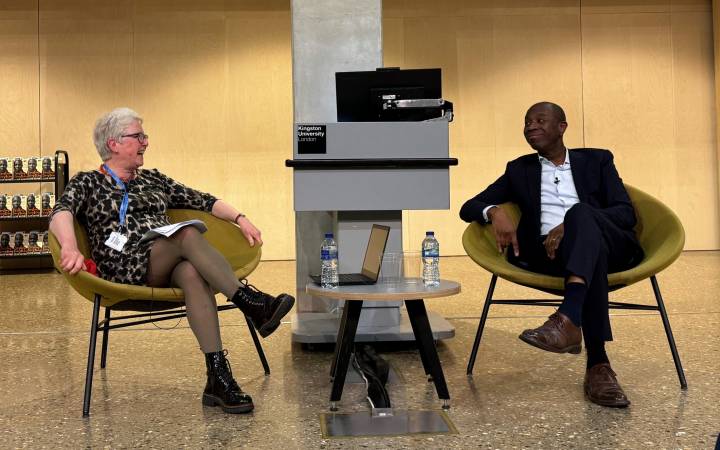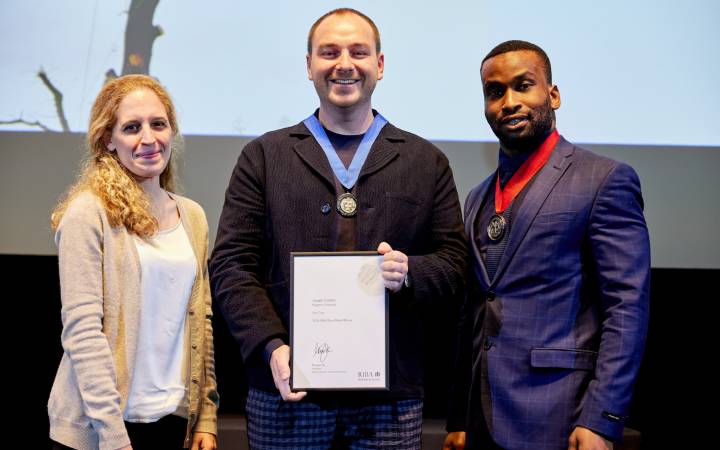Higher education key to future of nursing and midwifery – Kingston University expert Professor Kathy Curtis responds to release of NHS Long Term Workforce Plan
Posted Monday 3 July 2023
 Interim Dean of the Faculty of Health, Science, Social Care and Education at Kingston University, Professor Kathy Curtis, says higher education is key to the future of nursing and midwifery.
Interim Dean of the Faculty of Health, Science, Social Care and Education at Kingston University, Professor Kathy Curtis, says higher education is key to the future of nursing and midwifery.
The first comprehensive workforce plan for the NHS was published last week, with the aim of putting staffing on a sustainable footing and improving patient care. It focuses on retaining existing talent within the service and making the best use of new technology. Interim Dean of the Faculty of Health, Science, Social Care and Education at Kingston University Professor Kathy Curtis, who chairs the London Healthcare Education Group which helps directly influence key NHS policy decisions affecting healthcare students in the capital, reacts to the report.
The NHS Long Term Workforce Plan sets out an ambitious 15-year plan for growth and improvements backed by £2.4 billion investment. It identifies the intention to double the number of student nurses and student midwives in pre-registration degree-level education and degree apprenticeships, increase nursing associate education and apprenticeship numbers by 40 per cent over five years, and expand the provision of ongoing professional development for NHS staff, through post-registration courses and apprenticeships such as Enhanced Practitioner and the Masters in Advanced Practice. It also recognises the enhanced roles Pharmacists will take in the NHS from 2026 when all newly qualified pharmacists are also independent prescribers. Professor Kathy Curtis chairs the London Healthcare Education Group, which helps directly influence key NHS policy decisions affecting healthcare students in the capital.
Professor Kathy Curtis chairs the London Healthcare Education Group, which helps directly influence key NHS policy decisions affecting healthcare students in the capital.
This plan has been long awaited and has been the subject of partnership development with several Higher Education organisations such as Universities Alliance Deans of Health and the UK Council of Deans of Health. Implementation of the plan will also rely on partnership working between Higher Education and Integrated Care Systems across the country.
The plan also commits to professional body regulatory reform, indicating potential for a reduction in the Nursing and Midwifery Council mandated placement hours from 2,300 to 1,800 and recognises that the Higher Education workforce providing healthcare programmes underpins the domestic supply of the NHS graduate workforce.
I have been pleased to see Higher Education featured explicitly in the plan. It is clear that our Town House Strategy aligns with NHS ambitions to ensure graduates have the right skills to work within a modern, digitally-enabled NHS and that we are working closely with external partners to plan and deliver healthcare education, degree apprenticeships, continued professional development for NHS staff, and do research that supports and transforms health and care.
I will continue to work hard to ensure Kingston University is recognised as a valued partner in the ongoing work to deliver on the NHS plan. Our faculty already has strong relationships through my membership of University Alliance Deans of Health, my role as the London Region representative at the UK Council of Deans of Health, my membership of the SW London Integrated Care System People Board and the Advanced Practice Education Assurance Group for NHSE, and in my role as Chair of London Higher Healthcare Education Group.
I know many of my faculty colleagues also have strategic and collaborative roles with NHS organisations and other partners in their discipline's health and care services, and all this partnership working will be central to supporting NHS ambitions and the opportunities for Kingston University and the Faculty of Health, Science, Social Care and Education within the NHS Long Term Plan.
- Find out more about studying nursing and midwifery at Kingston University.
Contact us
General enquiries:
Journalists only:
- Communications team
Tel: +44 (0)20 8417 3034
Email us



